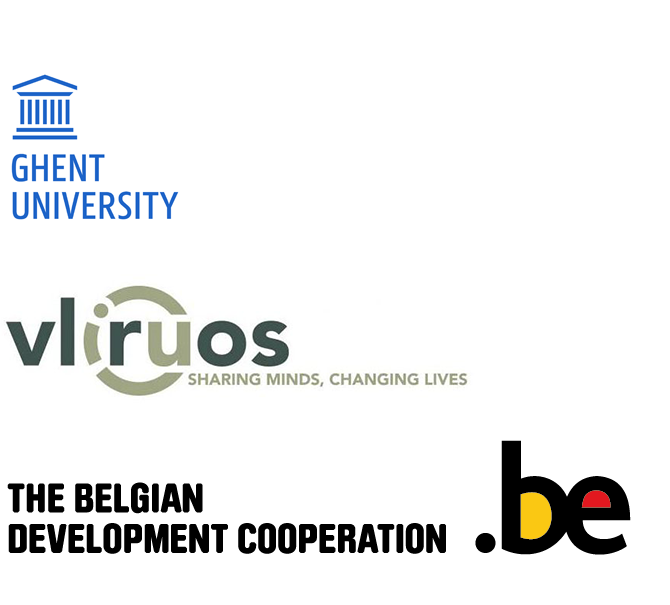CliMigHealth-Queensland University Asia-Pacific Hub
To address the lack of connection and integration between regional presences, the CliMigHealth Network will establish hubs to strengthen regional collaboration. The Asia-Pacific hub, our second regional initiative, was inaugurated in August 2025, in partnership with Queensland University’s School of Public Health.
CliMigHealth-Stellenbosch University Africa Hub
To address the lack of connection and integration between regional presences, the CliMigHealth Network will establish hubs to strengthen regional collaboration. The first, the Africa hub, was inaugurated in March 2023 in partnership with Stellenbosch University, due to their existing connections within the region.
Strategy of the Collaboration
In the current era of overlapping crises, many countries in the Asia Pacific region, including Australia, The Fiji Islands and Tuvalu are among the most climate-exposed areas globally, facing rising sea levels, extreme weather events, and environmental degradation that are already reshaping patterns of human mobility and generating profound health challenges.
The Asia-Pacific Hub seeks to build regional capacity by bringing together researchers, practitioners, policymakers, and community stakeholders to co-develop solutions tailored to the specific challenges of the region. With Australia potentially hosting COP31 in 2026, there is an opportunity to strengthen interdisciplinary collaboration and amplify regional voices in global debates on climate, migration, and health.
The Asia-Pacific Hub is coordinated by the University of Queensland’s School of Public Health, with contributions from researchers across public health, and other disciplines including climate science, migration studies, and policy. It serves as a regional anchor for the CliMigHealth Network, facilitating inter-regional collaboration with other hubs and partners in the region and aligning with global strategies for resilience and equity.
Activities
- Establish the Asia-Pacific Hub at the University of Queensland.
- Conduct capacity-building workshops, training, and community partnerships on the climate–migration–health nexus.
- Develop a regional strategy in light of upcoming climate summits and regional policy developments.
- Convene regional members to co-produce research, policy briefs, and public engagement outputs.
- Align outputs with the CliMigHealth Network strategy for 2023–2025 and beyond.
Projects
- Climate Change, Migration, and Health in the Asia-Pacific: A Scoping Review
- Rapid Situation Analyses (RSAs) on climate-related health vulnerabilities and migration pathways
- Policy scan of migration frameworks and climate mobility in the Pacific
- Site visits and participatory research in climate-affected communities (e.g., Lismore floods, Pacific Island contexts)
- Development of a research agenda and policy briefs in collaboration with WHO and regional partners
- Application towards a Horizon climate-health project with deadline April 2026
Collaborators
Co-lead: Associate Professor Fiona Charlson – University of Queensland
Co-lead: Dr Stacey Pizzino – University of Queensland
Supervisor: Professor Sheleigh Lawler – Head of School of Public Health, University of Queensland
Collaborators: Professor Matt McDonald, Associate Professor Nina Lansbury, Dr Kim-Huong Nguyen, all based at University of Queensland; Associate Professor Dung Phung – Griffith University, Patricia Schwerdtle and Rashmi Venkatraman, both members of our steering committee.
Collaborating organizations:
- University of Queensland Mental Health and Climate Change Research Network
- United Nations University-IIGH
- Ghent University-Queensland University strategic partnership (financial support)







